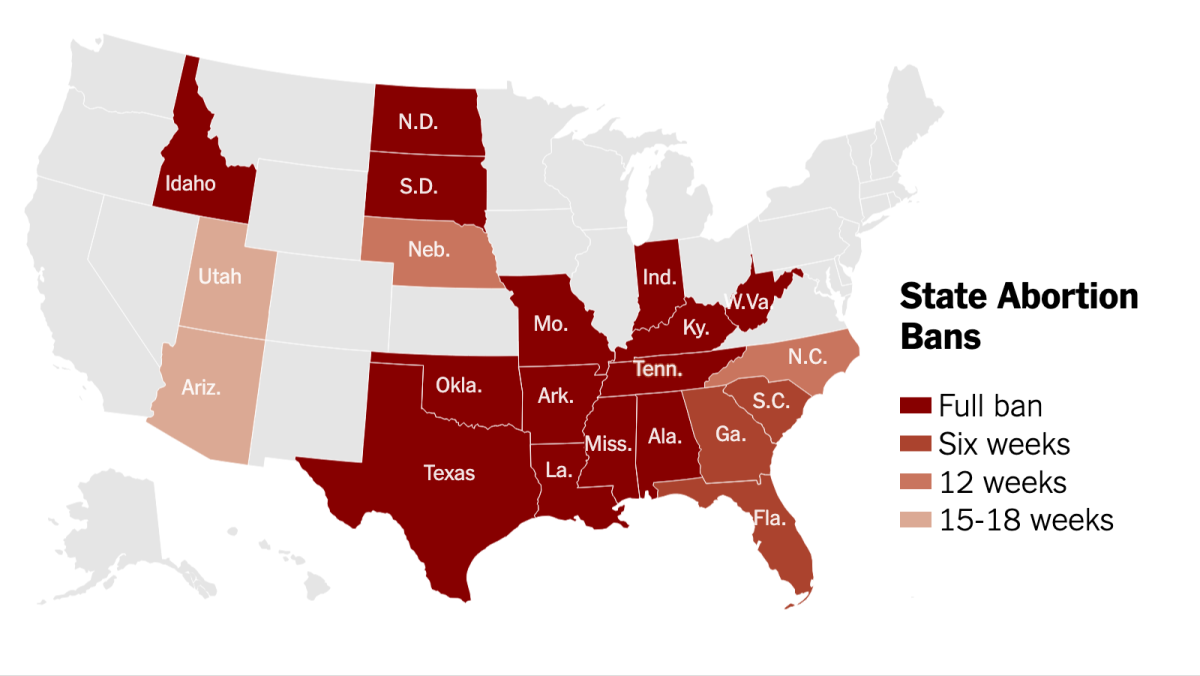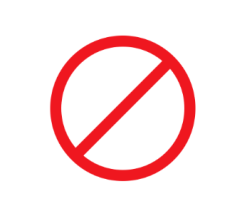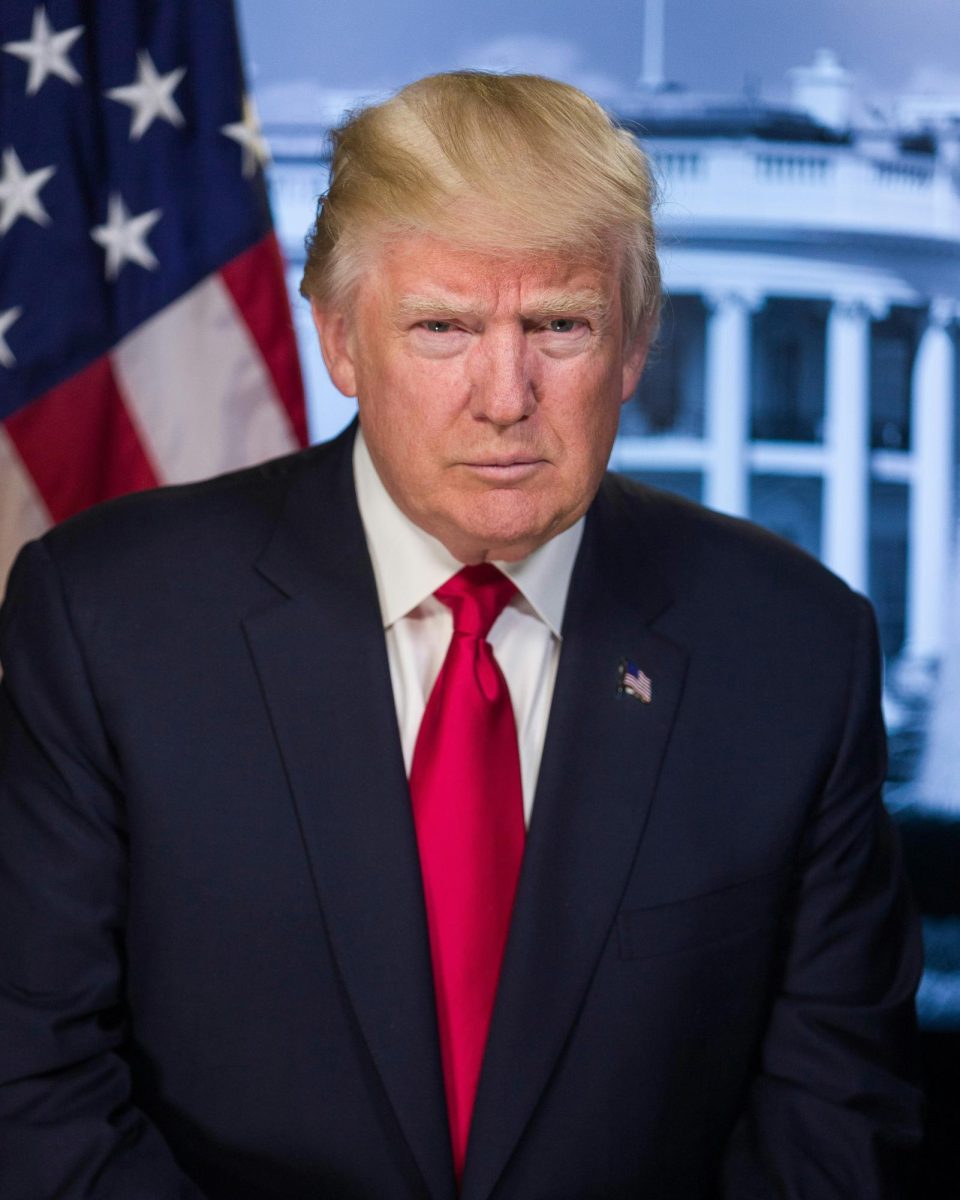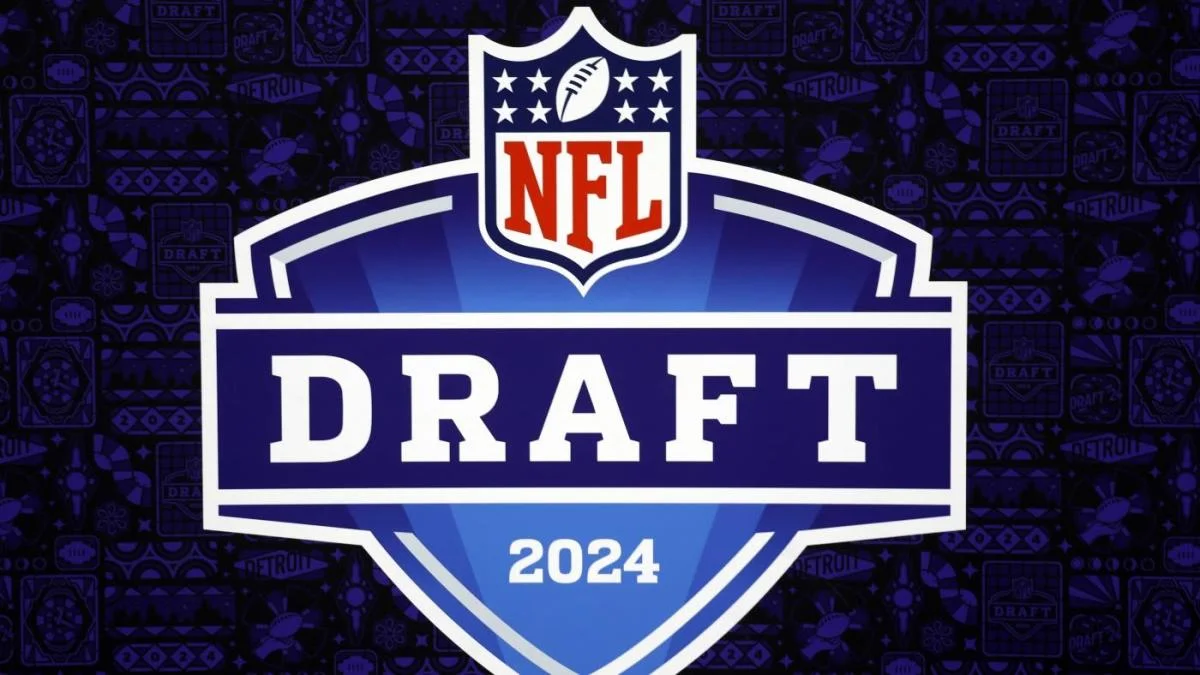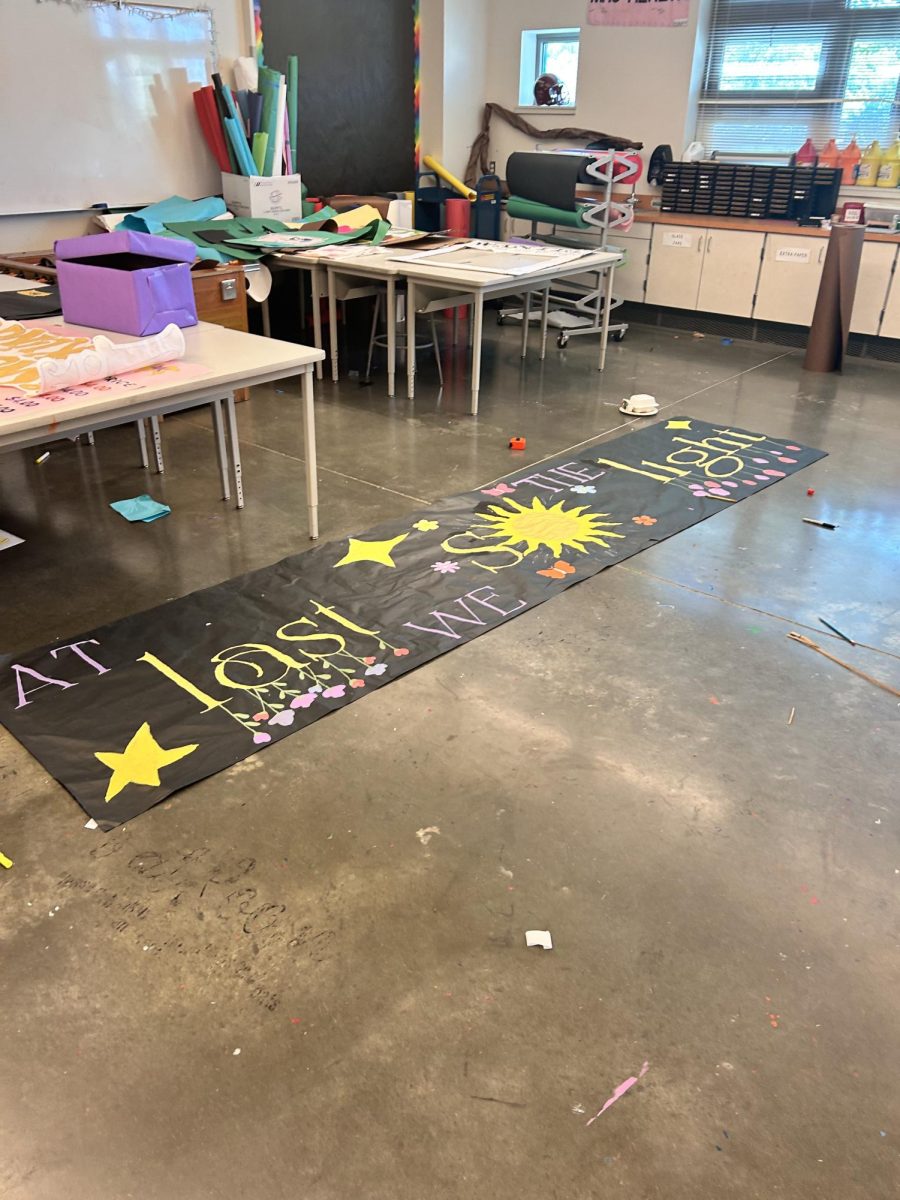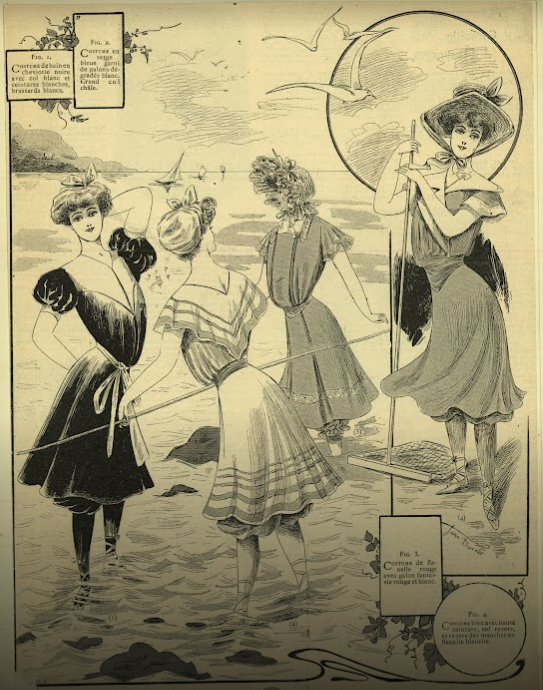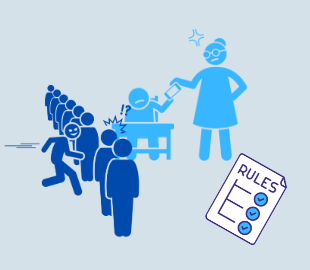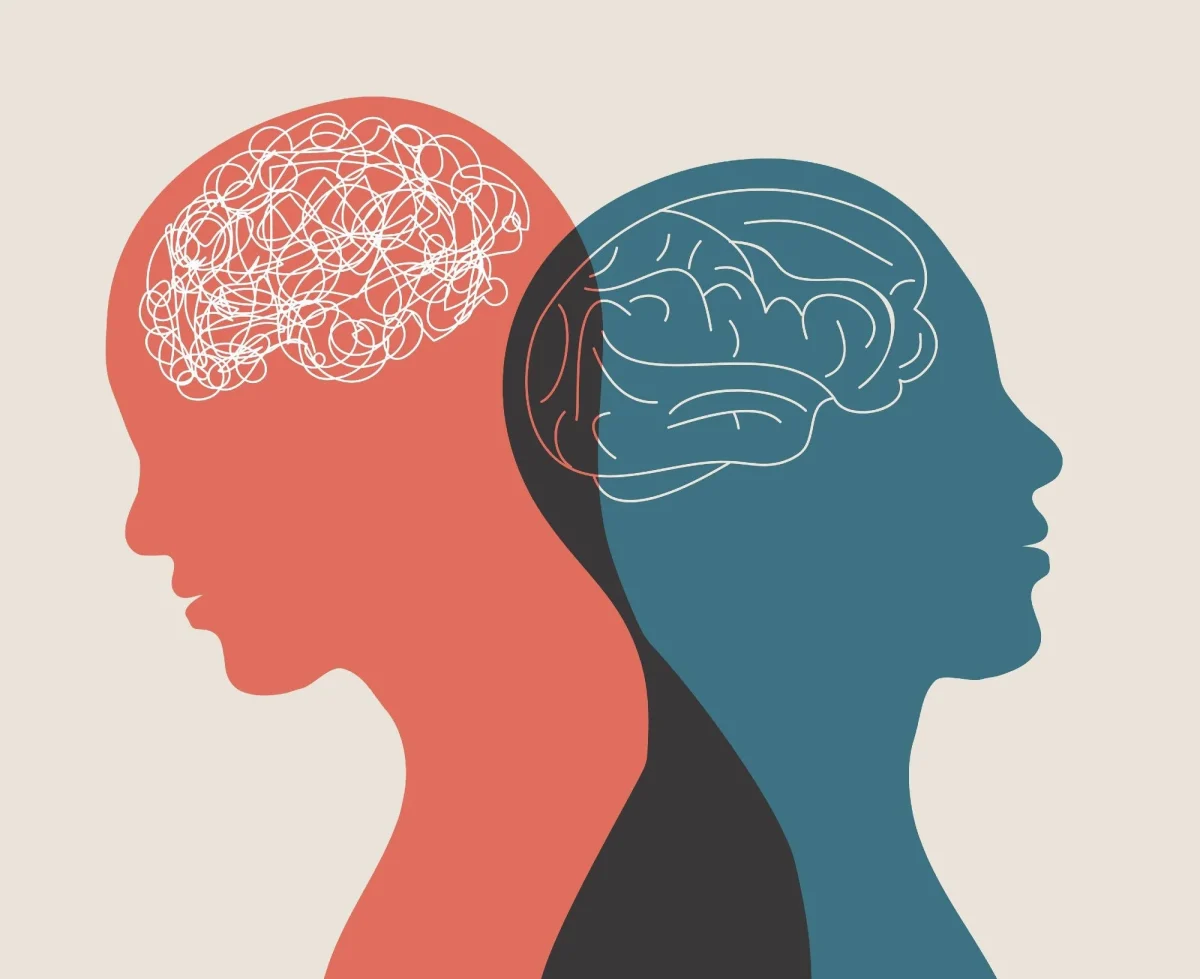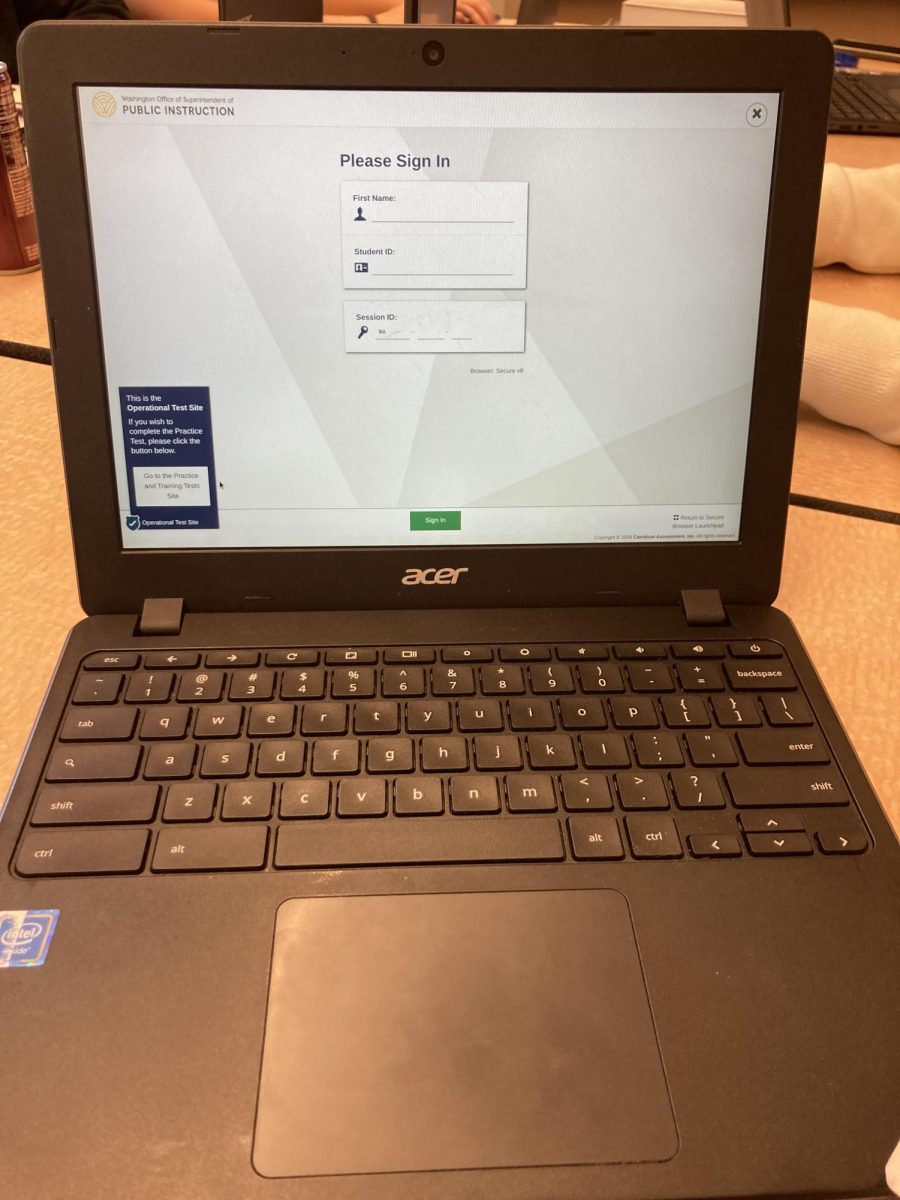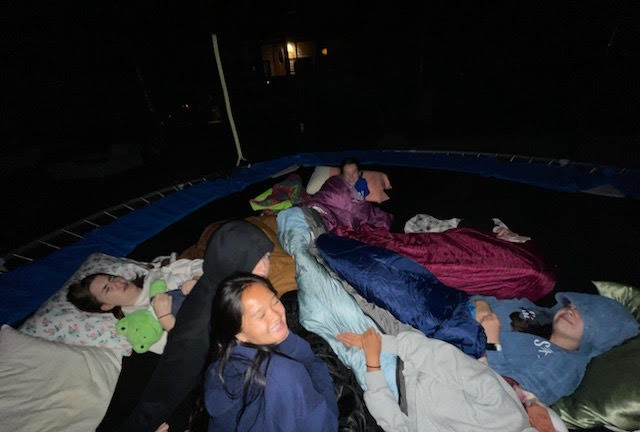Whether you like it or not, TikTok has affected America more than any other app at this point in time. During the Covid-19 pandemic, TikTok became a source of entertainment and connection for millions of people around the world while socializing outside of our homes wasn’t possible. Even after the death of the pandemic, TikTok still stuck around as the main form of social media, with an astonishing number of 1.1 billion people around the world using the app. A recently passed legislation that was signed by 80% of the representatives in congress, and also by President Joe Biden, states that unless ByteDance, the current owners of Tiktok, sells the app to some government-approved buyer, Tiktok will be banned from US app stores. Obviously, this decision has caused some uproar.
To backtrack a bit, the decision to ban TikTok originated way back to when Donald Trump was our president. In 2019, Trump went to court with Tiktok claiming that since it was an app controlled by foreign presence, it’s a threat to U.S. National Security. Trump renewed his concerns in 2020, emphasizing the threat that’s presented by Chinese companies having close ties to the Chinese Government. He specifically talked about how TikTok could be used by CCP, the Chinese Communist Party, to “access… Americans’ personal and proprietary information—potentially allowing China to track the locations of Federal employees and contractors, build dossiers of personal information for blackmail, and conduct corporate espionage.” Though he persisted, his efforts were wasted as the Federal Court soon ruled that Trump’s order to ban the app was exceeding his authority. Not soon after this case, Montana tried and failed to ban Tiktok as well, the court deciding that the ban would be in direct violation of the First Amendment.
In the most recent events where President Biden has tried to ban the app once again, it’s been garnering much more support than the attempts before him. The response from the millions of people in the US who use TikTok has been largely negative. Despite what some people believe, “Congress is not acting to punish ByteDance, TikTok or any other individual company,” says Democratic Senator Maria Cantwell. According to Cantwell, all Congress wants is to stop the potential threat of TikTok harming the US. While some can sympathize with this, others simply cannot ignore the catastrophic consequences that would come with the ban of TikTok. Not only do millions of Americans use the app for entertainment, countless Americans also use the app as their job. Being an influencer quickly rose up in the ranks as being a job, especially for young people, since Tiktok’s debut. If the app is banned, that’s also putting a multitude of citizens out of a job, cutting off the income of citizens that Congress is allegedly just trying to protect. Not to mention that for many, TikTok has become a place to be themselves and to find a community of people just like them all around the world. And while TikTok may have its good days, there’s always a flip side. The app is actually quite infamous for spreading misinformation, especially in recent times about the Israel-Hamas conflict, as well as the presidential election.
The threat that Tiktok presents to the US is purely speculative, unless proof is given that says otherwise. So for the time being, the answer to the question will Tiktok be banned? is that it’s too early to tell. With the ban being suggested and shut down twice in the past, it seems unlikely that it will go through this time, but with the enormous support in favor of the ban, only time will tell. Already, more than 30 states have a ban in place for government officials and is commonly banned on school issued technology, including the Chromebooks that we use here at Cavelero. The response Tiktok has given to all this “political theater” has been to criticize lawmakers for censoring Americans, and they even sued the US government for their new law, saying that it directly violates the First Amendment. All throughout this, Tiktok has been consistent with their claims that they never have shared private information with the Chinese Government.
The First Amendment states, “Congress shall make no law respecting an establishment of religion, or prohibiting the free exercise thereof; or abridging the freedom of speech, or of the press; or the right of the people peaceably to assemble, and to petition the Gove rnment for a redress of grievances.”
